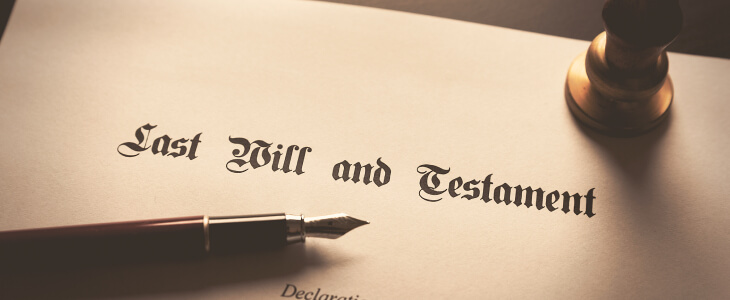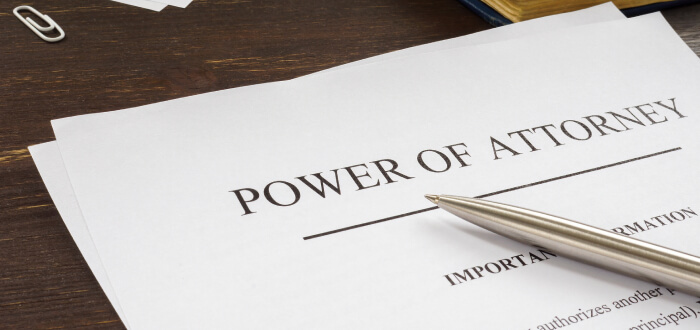While advances in medicine allow people to live longer, questions are often raised about life-sustaining treatment terminally ill patients may or may not want to receive. Those who fail to formally declare these wishes in writing to family members and medical professionals run the risk of having the courts make these decisions.
Category: Estate Planning

Responsibilities and Obligations of the Executor/ Administrator
When a person dies with a will in place, an executor is named as the responsible individual for winding down the decedent's affairs. In situations in which a will has not been prepared, the probate court will appoint an administrator. Whether you have been named as an executor or administrator,...

Testamentary Substitutes
In states that have “elective share statutes,” a surviving spouse is legally entitled to a certain percentage of the deceased's estate, even if that spouse has attempted to disinherit or to provide a lesser bequest, or gift, under the will. In “separate property” states, an elective share statute is likely to be in effect....
Continue reading…

Preventing Will Contests
So, you have a will, but is it valid? A will can be contested for a multitude of reasons after it is presented to a probate court. It is in your best interest to have an attorney draft the will to prevent any ambiguity in the provisions of the document that others could...
Continue reading…

Disinheritance
Inheritance laws involve legal rights to property after a death and such laws differ from state-to-state. Heirs usually consist of close family members and exclude estranged relatives. Depending on the wording of a will, an individual can be intentionally, or even unintentionally, disinherited.
In most cases, spouses may not be legally disinherited. Certain contracts, however,...
Continue reading…

What’s Involved in Serving as an Executor?
An executor is the person designated in a Will as the individual who is responsible for performing a number of tasks necessary to wind down the decedent’s affairs. Generally, the executor’s responsibilities involve taking charge of the deceased person’s assets, notifying beneficiaries and creditors, paying the estate’s debts and distributing the property to the...
Continue reading…

What are the Powers and Responsibilities of an Executor?
An executor is responsible for the administration of an estate. The executor’s signature carries the same weight of the person whose estate is being administered. He or she must pay the deceased’s debts and then distribute the remaining assets of the estate. If any of the assets of the estate earn money, an...
Continue reading…

Should a Power of Attorney be a part of my Estate Plan?
A durable power of attorney is an important part of an estate plan. It provides that, in the event of disability or incapacitation, a preselected agent can be granted power over the affairs of the individual signing the document. This power can be limited to specific decisions, like the decision to continue life...
Continue reading…
How to Calculate Estate Tax
In order to predict how much your estate will have to pay in taxes, one must first determine the value of the estate. To determine this, many assets might have to be appraised at fair market value. The estate includes all assets including real estate, cash, securities, stocks, bonds, business interests, loans receivable, furnishings,...
Continue reading…
6 Events Which May Require a Change in Your Estate Plan
Creating a Will is not a one-time event. You should review your will periodically, to ensure it is up to date, and make necessary changes if your personal situation, or that of your executor or beneficiaries, has changed. There are a number of life-changing events that require your Will to be revised, including:
Change in...
Continue reading…

